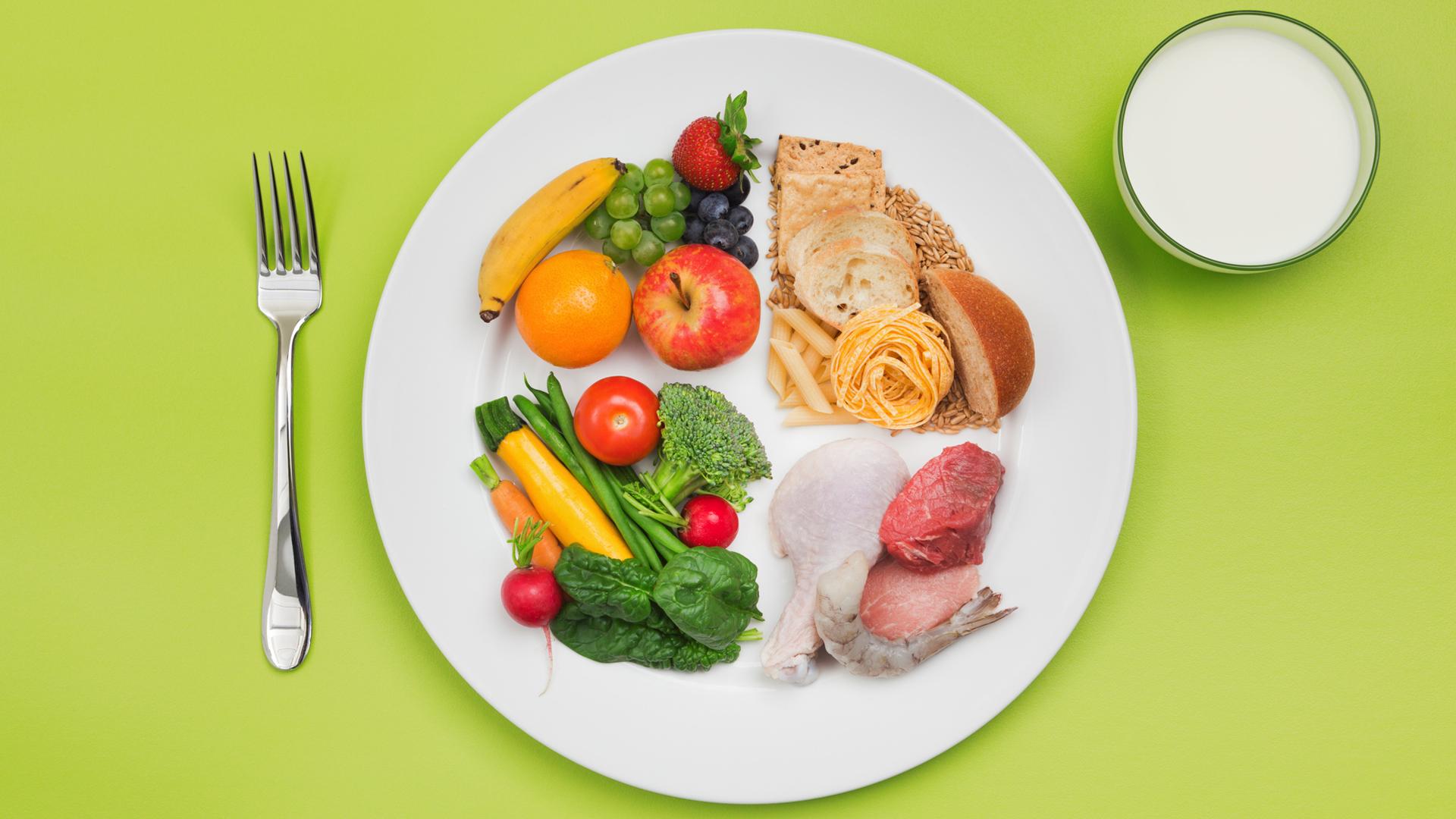Maintaining muscle mass is a cornerstone of overall health and vitality, whether you’re an athlete, fitness enthusiast, or simply navigating the demands of everyday life. A balanced diet plays a crucial role in supporting muscle maintenance, providing the essential nutrients needed to preserve strength and functionality. In this article, we will guide you through the key principles of designing a balanced diet specifically tailored for muscle maintenance. With a confident approach, we’ll explore the optimal balance of macronutrients, the importance of micronutrients, and practical tips to integrate these elements into your daily routine. Empower yourself with the knowledge to nourish your body effectively, ensuring that your muscles remain resilient and robust.
Understanding Macronutrients for Muscle Health
To ensure optimal muscle health, understanding the role of macronutrients is essential. Macronutrients—comprising proteins, carbohydrates, and fats—are the primary building blocks of a diet that supports muscle maintenance and growth. Each of these components plays a unique role in muscle health:
- Proteins: Often hailed as the muscle-building macronutrient, proteins are crucial for repairing and building muscle tissue. Aim for a variety of sources such as lean meats, dairy, legumes, and plant-based options like tofu and tempeh.
- Carbohydrates: These are the primary energy source for your workouts and daily activities. Prioritize complex carbohydrates like whole grains, fruits, and vegetables to ensure a steady energy supply.
- Fats: Healthy fats are vital for hormone production and overall cell health. Include sources like avocados, nuts, seeds, and olive oil to maintain balanced nutrition.
In crafting a balanced diet for muscle maintenance, ensure that each meal contains a combination of these macronutrients, tailored to your activity level and personal health goals. Consistency and variety are key to sustaining muscle health over time.

Crafting a Protein-Rich Meal Plan
Creating a meal plan that is rich in protein doesn’t have to be a daunting task. The key is to balance high-quality protein sources with other nutrient-dense foods to support muscle maintenance. Start by identifying lean protein options that fit your lifestyle and dietary preferences. Consider incorporating the following into your weekly menu:
- Lean meats like chicken breast, turkey, and lean cuts of beef.
- Fish and seafood, such as salmon, tuna, and shrimp, which also provide healthy fats.
- Plant-based proteins like lentils, chickpeas, and tofu for a versatile and nutrient-rich option.
- Dairy products including Greek yogurt and cottage cheese for a protein-packed snack.
- Eggs, which are not only high in protein but also easy to prepare in various ways.
Balance these proteins with complex carbohydrates and healthy fats to ensure your body gets the energy it needs for recovery and growth. Whole grains, such as quinoa and brown rice, along with a variety of colorful vegetables and fruits, should be staples in your plan. Don’t forget to include healthy fats like avocados, nuts, and olive oil to support overall health and hormone balance. By thoughtfully combining these elements, you can create a satisfying and effective meal plan that aligns with your muscle maintenance goals.
Incorporating Essential Micronutrients
To ensure your diet supports muscle maintenance effectively, it’s crucial to pay attention to the micronutrients that often fly under the radar. These small yet mighty nutrients play a significant role in muscle function, repair, and overall health. Here are some key micronutrients to include:
- Vitamin D: Vital for calcium absorption and bone health, which is essential for muscle contraction and strength.
- Magnesium: Supports muscle relaxation and contraction, and aids in energy production.
- Zinc: Plays a role in protein synthesis and muscle repair.
- Iron: Essential for oxygen transport to muscles, enhancing endurance and performance.
- Vitamin B12: Critical for red blood cell formation and energy production, both of which are necessary for muscle maintenance.
Incorporate a variety of foods such as leafy greens, nuts, seeds, lean meats, and dairy products to ensure you receive a comprehensive array of these nutrients. By doing so, you’ll be laying a strong foundation for maintaining your muscle mass effectively.
Timing Your Nutrient Intake for Optimal Results
To maximize the benefits of your balanced diet for muscle maintenance, it’s essential to consider not just what you eat, but also when you eat. Nutrient timing can play a crucial role in optimizing muscle recovery and growth. Aim to consume a meal or snack rich in protein and carbohydrates within 30 to 60 minutes after your workout. This post-exercise window is often referred to as the “anabolic window,” a period where your muscles are particularly receptive to nutrient uptake, facilitating repair and growth.
Here are some key timing strategies to enhance your dietary plan:
- Pre-Workout: Fuel your body with a combination of carbs and protein 1-3 hours before exercising to ensure you have enough energy and amino acids available for muscle repair.
- Post-Workout: Focus on a protein-rich meal or shake immediately after training to kickstart the recovery process.
- Evening: Consider a casein-rich snack before bed to provide a slow release of protein overnight, supporting muscle maintenance while you sleep.
By strategically timing your nutrient intake, you can enhance your muscle maintenance efforts, making each meal a stepping stone towards your fitness goals.




